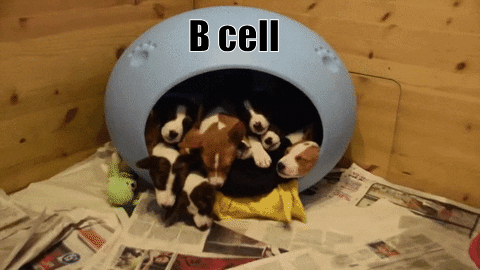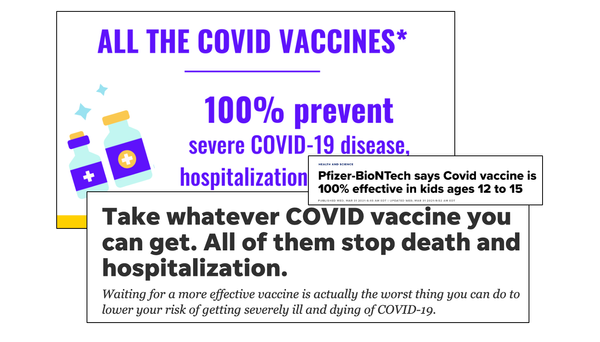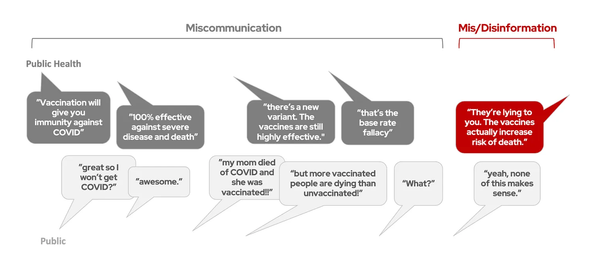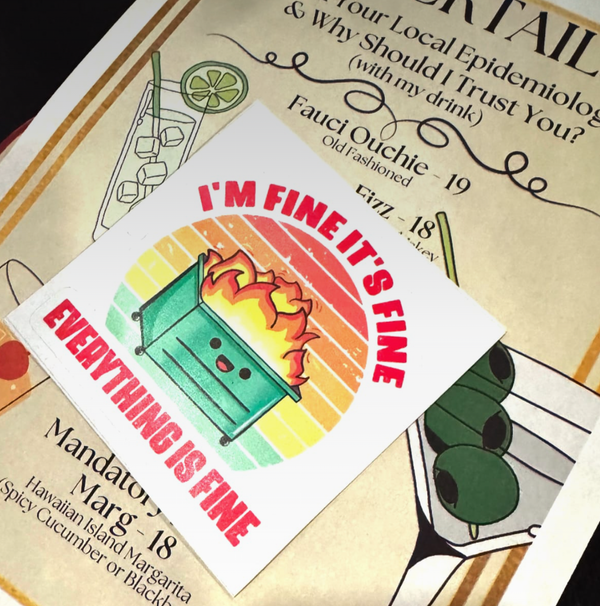How do we become Immune to viruses?

Guest post from Dr. Caitlin Miller, virologist and immunologist!
There has been lots of talk about coronavirus antibody tests and immunity in the news, and if you’ve never studied immunology, all of this can be very confusing. Before we get into what the antibody tests mean, first it helps to understand a little bit about the immune system. And that’s what I’m here to talk to you about: how does the immune system protect us from microbes like the coronavirus? Immune systems are complicated and everyone is different, but anyone can understand the basic mechanisms our bodies use to keep us safe from infections.
Everybody’s Immune System is Different
To begin, I think it’s important to take a brief step back and discuss genes for a minute. Your DNA (your genes) is a chemical code that exists in every cell of your body (including immune cells) and controls what makes you, you. We all have a slightly different genetic code, though as humans, we are way more similar to each other than we are different. If you think all the way back to your high school biology class (I know, it’s been a while for me too), you probably learned a bit about basic genetics and how traits were inherited (“Punnett squares” anyone?) You were probably taught that for some traits inherited from your parents, there are only two possible outcomes… for example, the ability to roll your tongue: you either can roll your tongue or you can’t; it’s a yes or no question. Other traits are more genetically complicated like eye color or height… there are (thankfully) far more than two options for height in the world. Well, the genes that control your immune system are among the most complicated of all, and just like with eye color, not everybody’s immune system genes are the same. And this has actually been very important for us to survive. Imagine, for a second, that we all had exactly the same immune system. One particularly bad infection could wipe us all out if our immune systems were identical. So before we go any further, it’s really important to understand that we all have very different immune systems and this, on the whole, keeps us safer as a species. As individuals in the middle of a pandemic, that also means some of us are better at fighting off disease than others.
Our Immune System Remembers the Haters and Disposes of Them Accordingly
For the sake of simplicity today, we are only going to talk about the parts of the immune system that remembers and protects us from reinfection. This arm of our immune system has two main branches of military: B cells and T cells. Both of these types of cells learn to recognize infectious microbes and destroy them. And both of these cells live on past the infection battle, often for the rest of your life. This protects us from re-infection, because if that infectious microbe ever comes around again, your B cells and T cells are there and ready to destroy it. But just as the Army and the Air Force go into battle with different tools and strategies, B cells and T cells use different methods to combat infections.
T cells travel around your body, checking your cells to see if they are infected with diseases they have seen before (they are part of immune memory, after all). If they find infected cells (say lung cells infected with coronavirus), the T cells will initiate the self-destruct program in those human cells. While this sounds bad, it is actually very good – because viruses need the human cells to make more virus copies, when the infected cells are killed, that usually stops the virus from spreading. T cells have a second job too: they help B cells make antibodies.
So, what is an antibody? Antibodies are small proteins that recognize the shapes on the surfaces of microbes. When they come across the shape they match, they coat the surface of that microbe, like a microscopic dogpile. Once the antibody is attached to its target, it won’t become unattached. The antibody dogpile serves two purposes: it blocks the microbe from infecting your cells and it acts as a signal to your immune system to destroy whatever they are hanging on to.

Antibodies coat the surface of the microbes, like a microscopic dogpile. Unlike this gif, this is not a pleasant experience for the microbe.
How do antibodies find their targets to begin with?
So we’ve been talking about the immune system recognizing infectious microbes that it’s fought before, but how does the immune system deal with a microbe it’s never encountered before like SARS-CoV-2? This is the insanely cool part… even before there is an infection, the B cells in your body make millions of different antibodies, totally randomly. All of these antibodies are made without knowing what microbes they are going to match. Think of B cells as a locksmith making millions of keys, without knowing what locks they are going to open. These B cells patrol your body, ready for action when it comes. Then, when an infection comes along, all the B cells test their antibodies to see if their key is a match to the microbe. Once a match is found, your body starts making LOTS of copies of that antibody to help fight the infection. This is how our bodies develop what we call an “antibody response” to an infection.

Does our body mount an antibody response to all microbes it encounters?
No! Your body relies on lots of good microbes to help it function (like the bacteria in your gut), and if our immune system attacked all of them, it would make us very sick. So how does the immune system tell a good microbe from a bad microbe? There are multiple complicated signals the immune system uses to decide if it should launch the antibody infantry, but to make it simple, the answer is two-fold: first, all B cells get educated about what makes you, you. You can think of it like going to school. Your B cells need to learn what your healthy cells look like so they won’t accidentally attack them. Once they have been fully educated, they are released into the rest of your body to look for infection. Secondly, if there are signs of infection (tissue damage, inflammation) then the immune system raises the alarm. Any virus or bacteria hanging around the scene of the crime becomes a Person of Interest and gets the antibody dogpile treatment.
Now, you are a beginner immunologist, congratulations! You are ready to learn about the coronavirus antibody tests, discussed in our next post.
Dr. Caitlin Miller is a post-doctoral researcher studying immunity and infectious disease at University of Colorado Medical Center. Her PhD thesis focused on the molecular mechanisms of HIV infection, and her current research focuses on understanding broad scale immunological mechanisms that protect organisms from infection.




